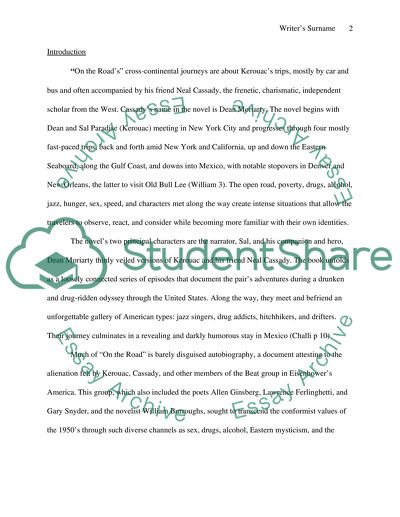Cite this document
(“Beat Generation Essay Example | Topics and Well Written Essays - 2250 words”, n.d.)
Beat Generation Essay Example | Topics and Well Written Essays - 2250 words. Retrieved from https://studentshare.org/miscellaneous/1540037-beat-generation
Beat Generation Essay Example | Topics and Well Written Essays - 2250 words. Retrieved from https://studentshare.org/miscellaneous/1540037-beat-generation
(Beat Generation Essay Example | Topics and Well Written Essays - 2250 Words)
Beat Generation Essay Example | Topics and Well Written Essays - 2250 Words. https://studentshare.org/miscellaneous/1540037-beat-generation.
Beat Generation Essay Example | Topics and Well Written Essays - 2250 Words. https://studentshare.org/miscellaneous/1540037-beat-generation.
“Beat Generation Essay Example | Topics and Well Written Essays - 2250 Words”, n.d. https://studentshare.org/miscellaneous/1540037-beat-generation.


